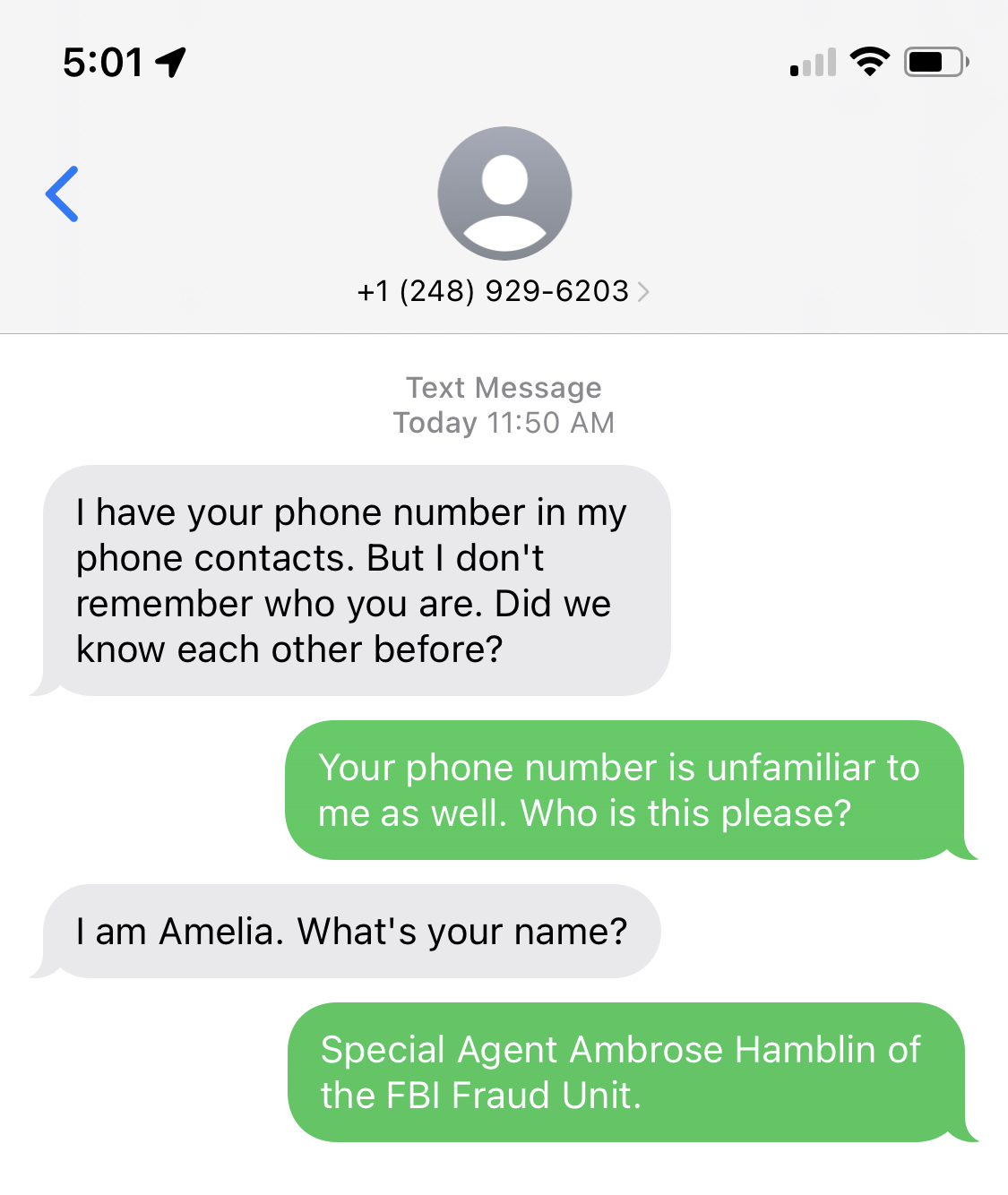Who Is Still Inside the Metaverse? Searching for friends in Mark Zuckerberg’s deserted fantasyland.
In September, my family and I move from our home in Dublin to a fancy East Coast college town, where I’ll be teaching for the semester. I grew up in Dublin, which means I have a wide circle of friends to draw on whenever I’m let out of the house. The street where I live is friendly: If I want to borrow a spatula or I need someone to look after my cat, I have only to ask.
Life is different for us in the U.S. We have, for the first time, a basement. But we have no friends. It seems as if none of the permanent faculty can afford to live in the suburb where the university has placed us. We technically have neighbors, but we never see them; they manifest only in the form of their gardeners, who are at work every day with their leaf blowers.
It’s in this strange scenario — alone on a continent, cut off from everyone I know — that I decide to try the metaverse for the first time. A whole galaxy of pals brought right to your living room? I think. Why not?
Funny, insightful, and moving.
By Paul Murray. nymag.com


